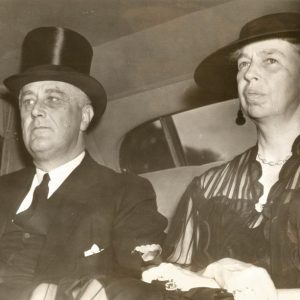 Joe T. Robinson Funeral
Joe T. Robinson Funeral
Entry Category: Government and Politics - Starting with R
 Joe T. Robinson Funeral
Joe T. Robinson Funeral
Robinson, John Marshall
Robinson, Joseph Taylor
 Joe T. Robinson and W. T. Shepherd
Joe T. Robinson and W. T. Shepherd
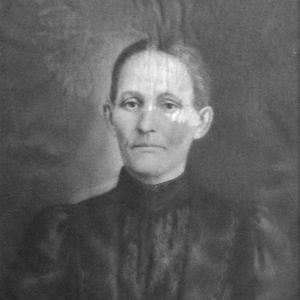 Matilda J. Robinson
Matilda J. Robinson
 Ron Robinson
Ron Robinson
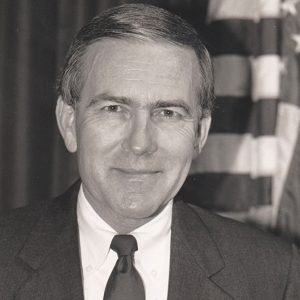 Tommy Robinson
Tommy Robinson
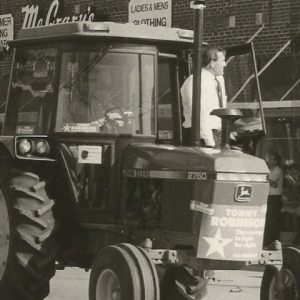 Tommy Robinson at Parade
Tommy Robinson at Parade
Robinson, Tommy Franklin
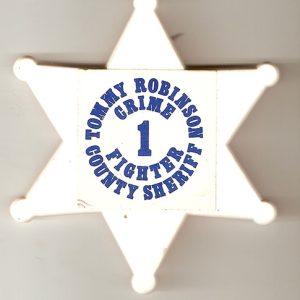 Tommy Robinson Pin
Tommy Robinson Pin
 Rockefeller Cake
Rockefeller Cake
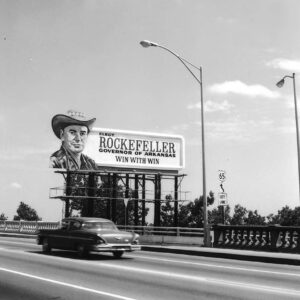 Rockefeller Campaign Billboard
Rockefeller Campaign Billboard
 Rockefeller Campaign Material
Rockefeller Campaign Material
 Rockefeller Memorial
Rockefeller Memorial
 Rockefeller Program
Rockefeller Program
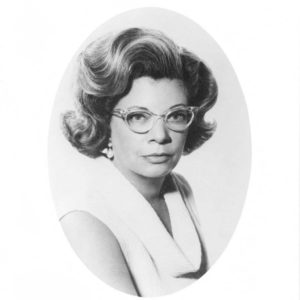 Jeannette Rockefeller
Jeannette Rockefeller
Rockefeller, Winthrop
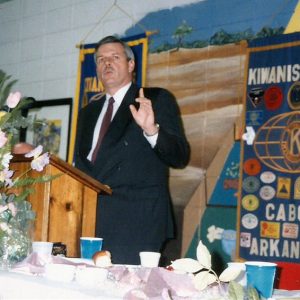 Winthrop Rockefeller
Winthrop Rockefeller
Rockefeller, Winthrop Paul
 Winthrop Paul Rockefeller Brochure
Winthrop Paul Rockefeller Brochure
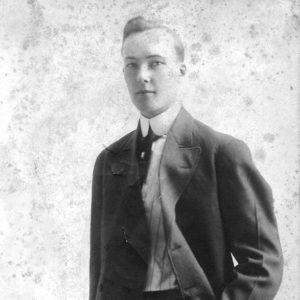 Gustavus Roescher
Gustavus Roescher
Rogers, Anthony Astley Cooper
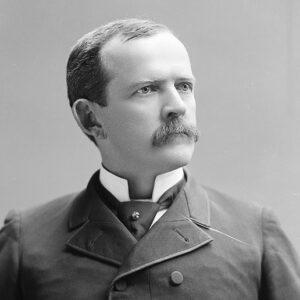 J. H. Rogers
J. H. Rogers
Rogers, John Henry
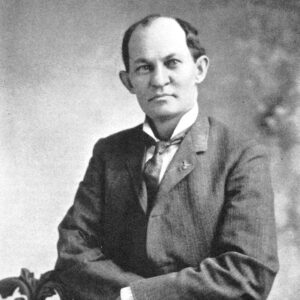 Robert L. Rogers
Robert L. Rogers
Rogers, Robert L.
 Rohwer Monument Plans
Rohwer Monument Plans
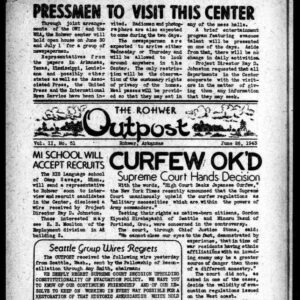 Rohwer Outpost
Rohwer Outpost
Rohwer Relocation Center
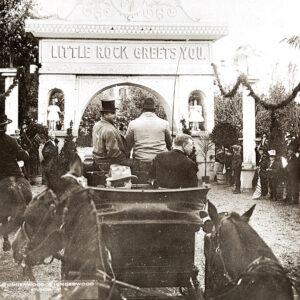 Theodore Roosevelt in Little Rock
Theodore Roosevelt in Little Rock
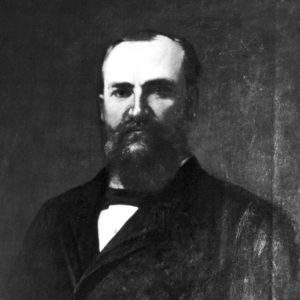 Logan Roots
Logan Roots
Roots, Logan Holt
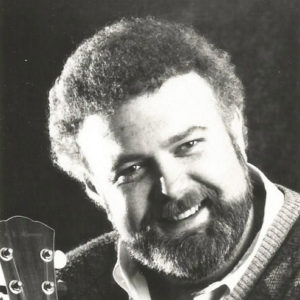 Terry Rose
Terry Rose
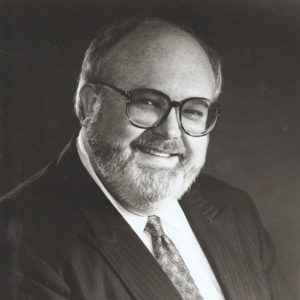 Terry Rose
Terry Rose
Ross, Jane
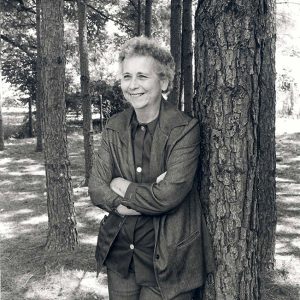 Jane Ross
Jane Ross
 Jane Ross, WAC
Jane Ross, WAC
Ross, Michael Avery (Mike)
 Ross and Beebe
Ross and Beebe
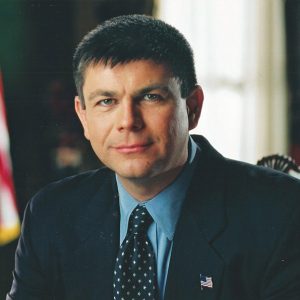 Mike Ross
Mike Ross
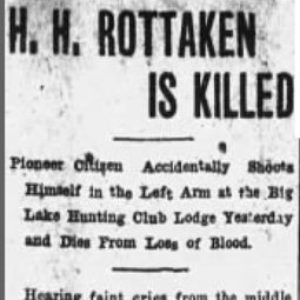 Rottaken Death Article
Rottaken Death Article
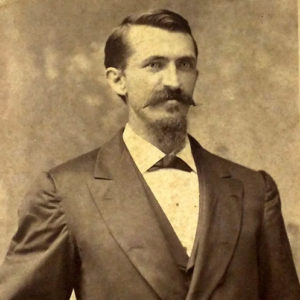 Herbert Rottaken
Herbert Rottaken
Rottaken, Herbert H.
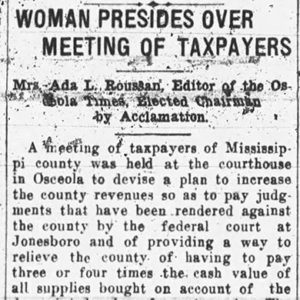 Adah Roussan Article
Adah Roussan Article
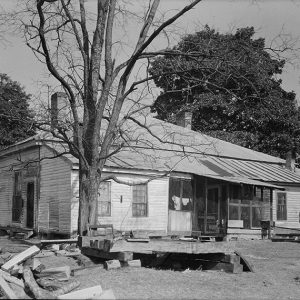 Royston House
Royston House
Royston, Grandison Delaney
Rule, Herb
Rural Electrification
Russ, Otis Stanley
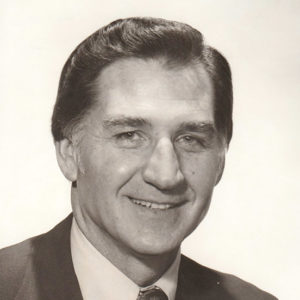 Stanley Russ
Stanley Russ




